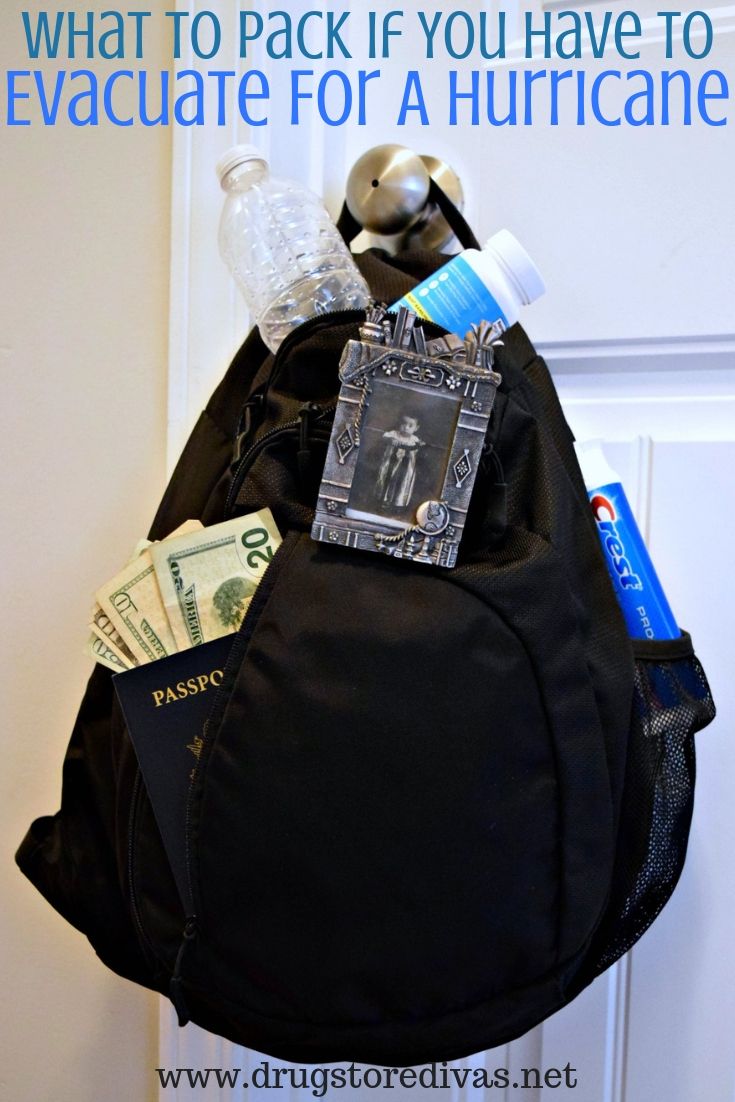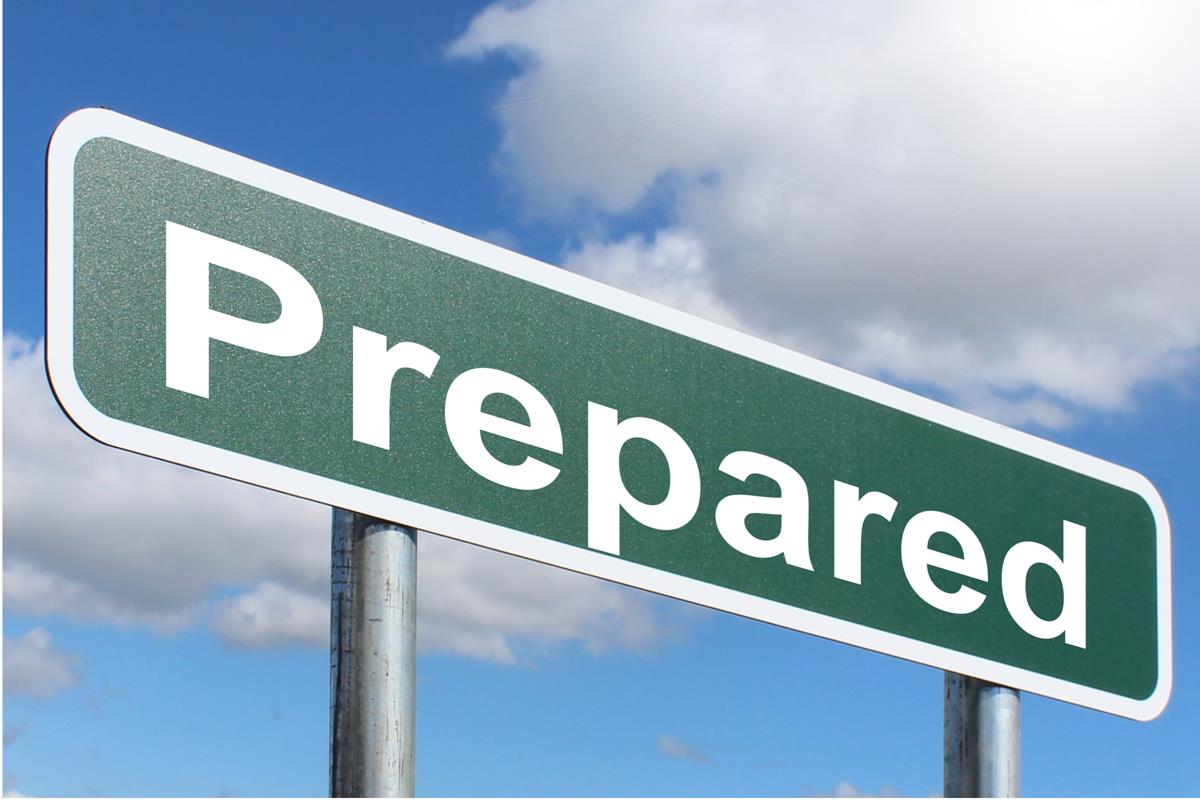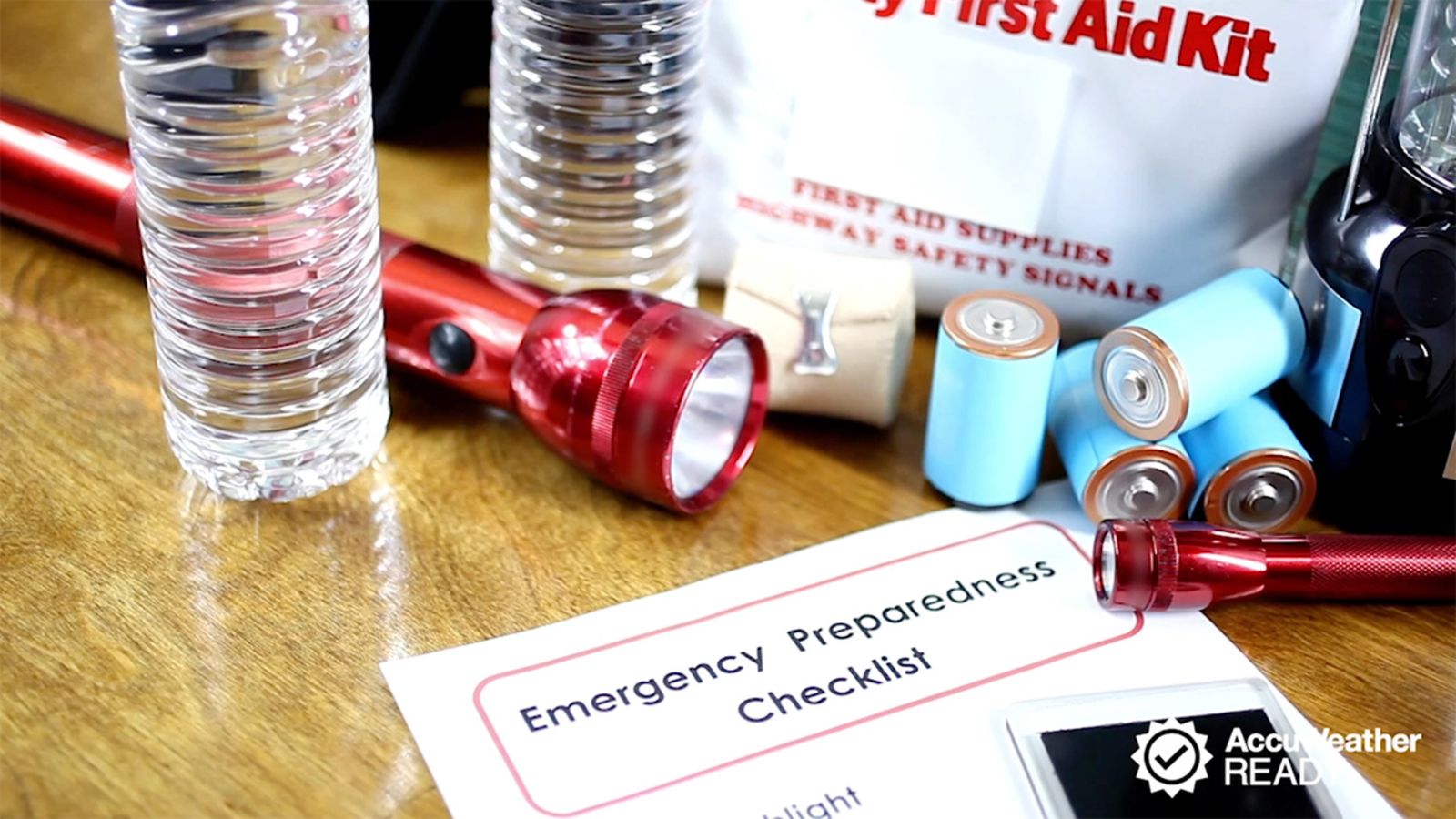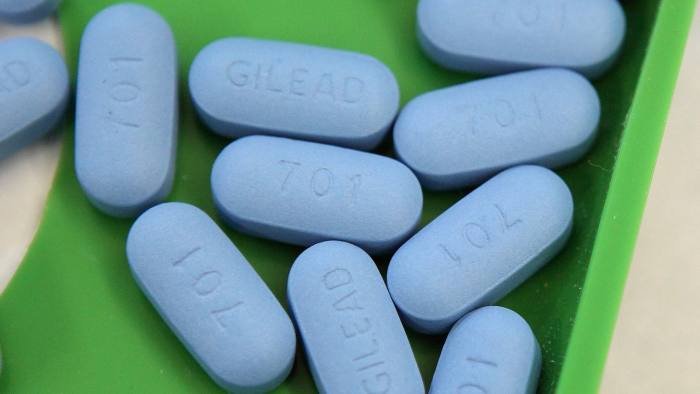First Aid Kit: It should include bandages, antiseptic wipes, pain relievers, scissors, and other first aid supplies to treat minor injuries.
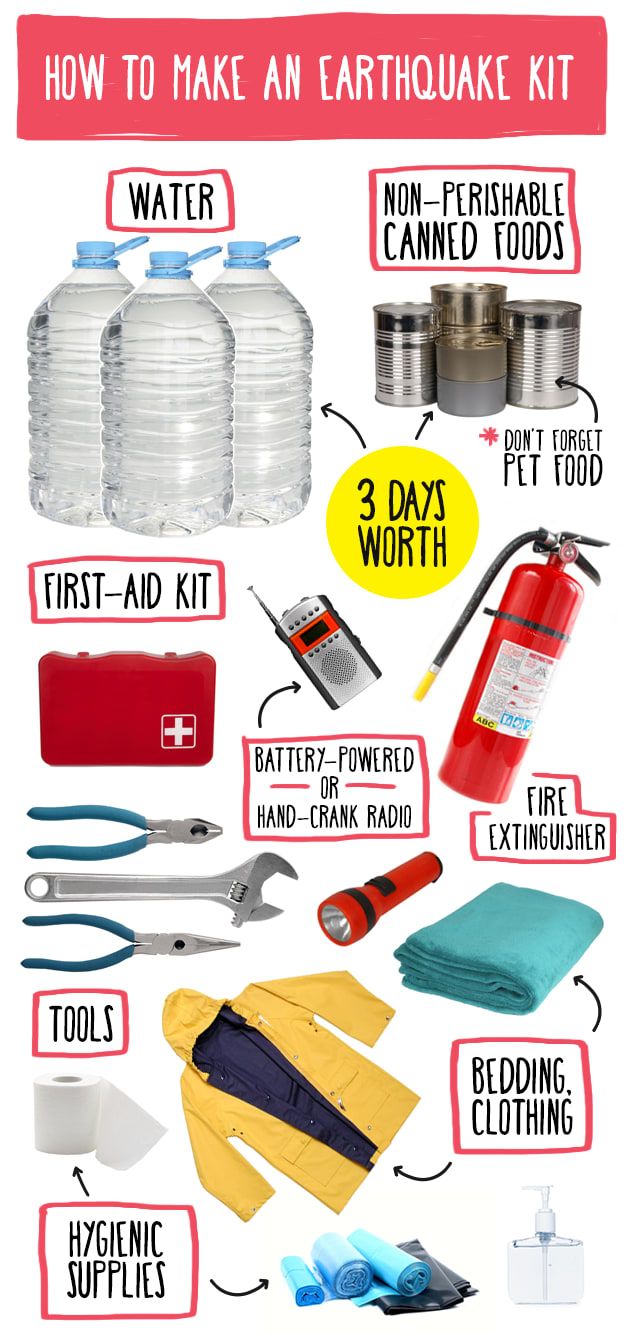
Water: Store at least two liters of water per person for three days. Choose non-perishable containers like plastic bottles or jugs.
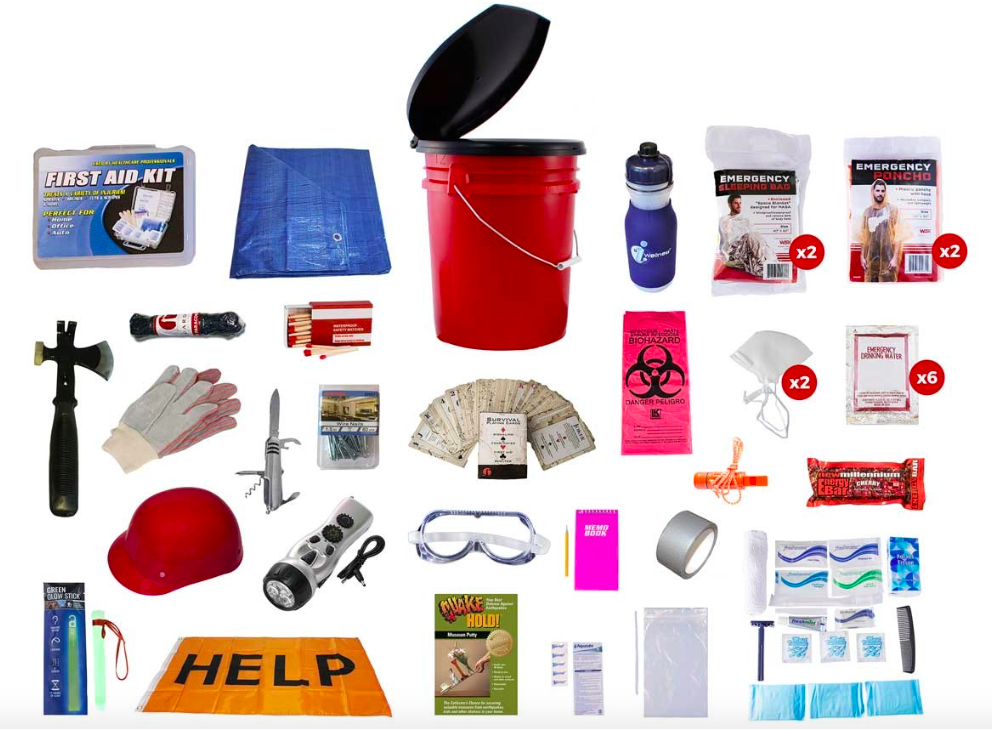
Food: Pack non-perishable, ready-to-eat foods with a long shelf life, such as canned goods, energy bars, and dried fruits.

Flashlight and Batteries: Keep a flashlight with extra batteries on hand to provide illumination during power outages.
Radio: A battery-powered radio will allow you to stay informed about the situation and receive instructions from emergency officials.
Cell Phone and Charger: Keep a fully charged cell phone and a portable charger to stay connected and communicate with loved ones and emergency services.
Whistle: A whistle can be used to signal for help or alert others to your location in an emergency.
Multi-Tool: A compact multi-tool can come in handy for various tasks, such as cutting, prying, and tightening.
Cash: In case of widespread power outages or disruptions to digital payment systems, having cash on hand can be useful.
Emergency Blanket: An emergency blanket can provide warmth and protection from the elements, especially during cold weather or when seeking shelter.
What Are 10 Items In A Emergency Kit For Earthquake








